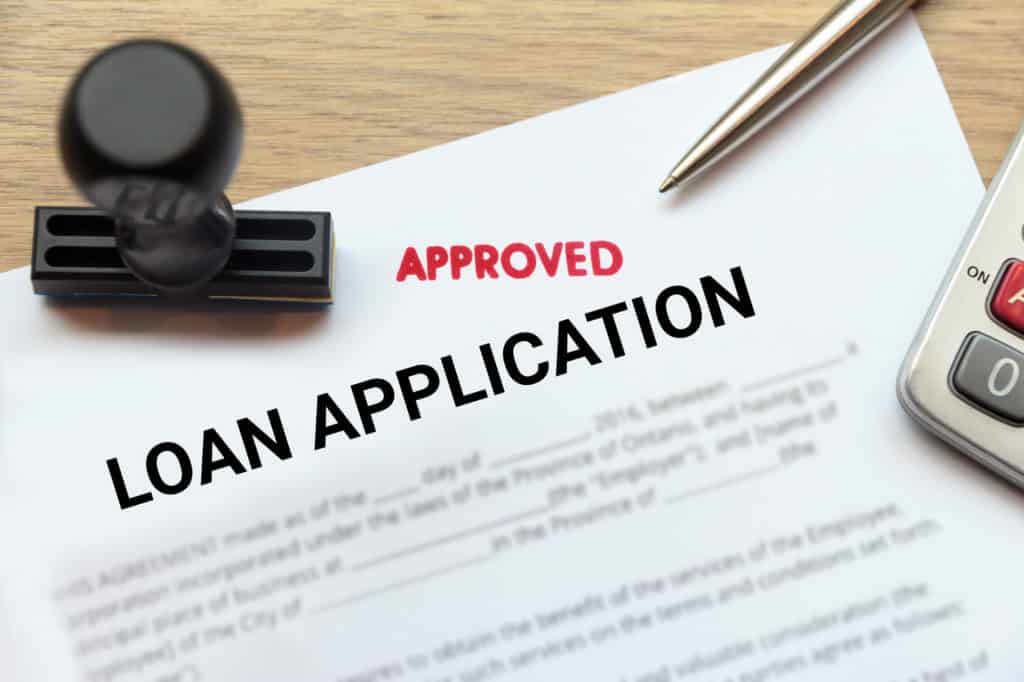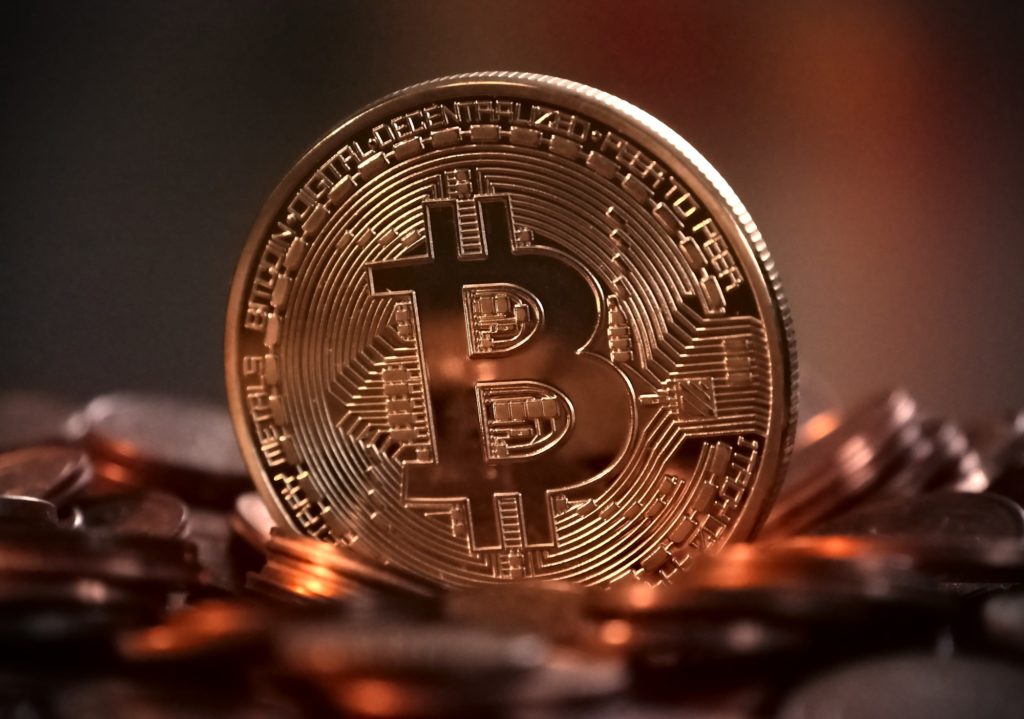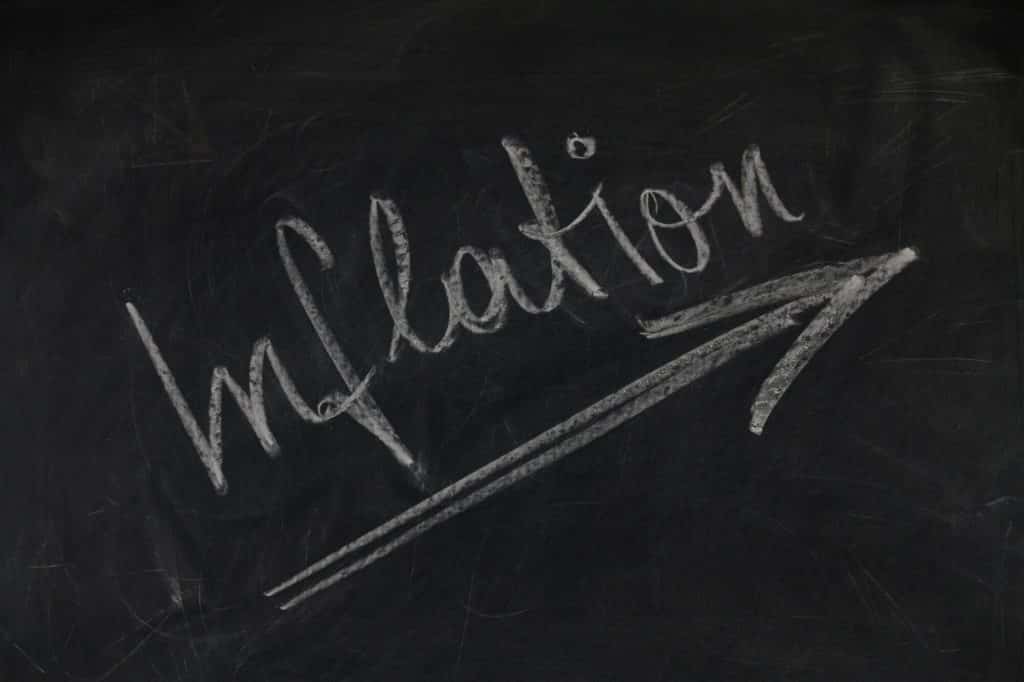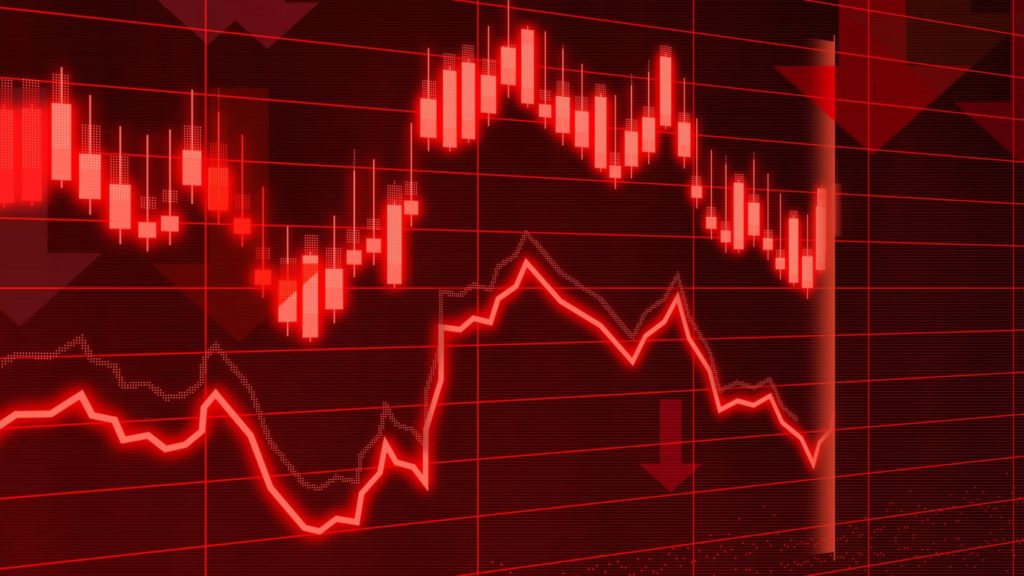Only 48% of small businesses in the US have the financing they need to operate. This may be because they don’t know the business startup loans available to help fund the company.
So, what is a business startup loan? And what types are there? Keep reading to learn more about how to fund your startup.
Before Applying For a Business Startup Loan:
Before you apply for a business loan, you need to know what you’re going after. How much can your company afford to pay back? How much do you need to get started?
You should also consider your business credit score. A low score will mean you are less likely to get the loan. Read more about each:
Determine How Much You Need and How Much You Can Afford
Entrepreneurs need to understand their own financial needs before applying for a business loan. This is because it helps them determine if they can actually afford the money. It also ensures they are aware of all of their expenses.
Many people think that they can just apply for a business loan and get funded. They don’t consider the amount of money they need or what kind of interest rates they will be on their loans. This is not true and it can lead to financial disaster in the long run.
Get a Good Business Credit Score
A business credit score is a key factor in determining whether you are eligible for a loan or not. It is important to have a good business credit score before applying for a loan.
You must know how to get a good business credit score before applying for a loan. There are various ways that you can do it. Those include using your personal credit cards responsibly. paying your bills on time.
It also helps to keep your business current with taxes and other fees if you are operating. A business with a good credit score is more likely to get approved for a loan than one with a low credit score.
A good credit score can help you get approved for loans more easily and in fewer steps. It also helps you avoid unnecessary fees and interest rates of loans.
Types of Business Startup Loans to Apply For
When you apply for a small business loan, you have a lot of options. The following three are the most common loans:
SBA Loans
The SBA is a government agency that offers loans to small businesses. They give out loans to applicants who are in the early stages of their business and don’t have enough collateral to secure a bank loan.
The SBA provides startup loans to assist with the costs of starting or expanding a business. These loans are for entrepreneurs who have not been able to secure other financing options.
It is a business loan guaranteed by the U.S. Small Business Administration (SBA). The money can be used for a variety of purposes including equipment and inventory. You can also use it for buying land, buildings, and construction.
Personal Business Loans
Personal business loans are a great way for startups to get started. They allow entrepreneurs to access capital without having to go through securing venture capital and other forms of loans.
There are two types of personal business loans: secured and unsecured. A secured loan requires collateral like property or equipment. If the loan is not repaid in full in time or if there is a default on the loan agreement, the property will be seized. Unsecured loans do not require collateral and can be repaid in any form
Microloans
A microloan is a small loan taken out by people with a low credit score and bad credit history. They are usually given to new entrepreneurs and small businesses.
Microloans are an easy way to raise capital for startups. However, they come with some restrictions.
Microloans are often given in the form of grants or interest-free loans for up to 12 months. But if you plan on taking out any other loans from the same lender, you will have to pay back both microloans at once.
How to Fund Your Business If You Can’t Get a Loan
Some startups just can’t get a business loan and struggle with funding. There are a few options you can try to fund your business:
Ask Friends and Family
Most people don’t know how to ask their friends and family to help fund their startup business. It can be a nerve-wracking experience, especially when you are just starting.
We recommend that you use these three tips:
- 1Be specific about your goals and what you will do with the money
- Give people a chance to contribute
- Keep it short and simple
You mustn’t pressure anyone to feel like they have to help. Asking never hurt, but prepare for a no and to move on.
Crowdfunding
Crowdfunding is a form of funding that allows you to raise money from a large number of people to finance your project. It is a way for anyone with an idea, product, or service to raise funds from the public.
Crowdfunding can fund all types of projects, including those related to startups and small businesses.
Grants
Grants are a great way to fund your business without having to pay for it. They are usually offered by governments or non-profit organizations in the form of money.
There are many types of grants available for entrepreneurs. These include government grants, business grants, and angel investments. Once you find out which one is best for your startup, apply for it!
Learn More About Startup Finances
This article covered business startup loans and your options as a business owner. We hope you have a deeper understanding of how to fund your startup.
At CFI, we have expertise in many areas of finances. Whether you need help with startup funding or investment strategies, we have articles to cover each topic.
Are you interested in learning more? Check out our finance blog.









